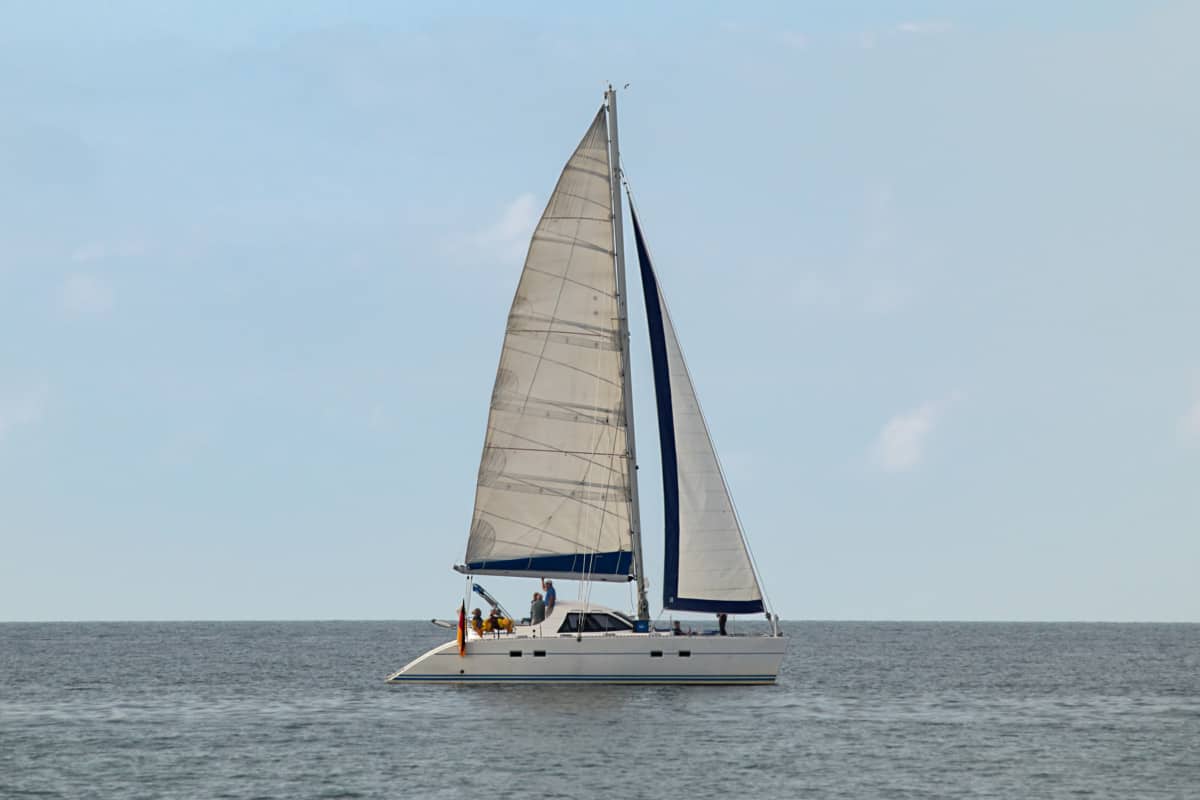As an Amazon Associate, we earn from qualifying purchases. We may also earn commissions if you purchase products from other retailers after clicking on a link from our site.
Lennon’s timeless song will probably never be a reality in the context of land borders. But the high seas are a different paradigm. Whether you are an enthusiastic mariner or an aspiring circumnavigator, you must have wondered if you can legally sail around the world.
You can legally sail around the world on the high seas. However, you must abide by the rules of sovereign nations when you sail on their territorial waters. Additionally, you must adhere to international maritime laws applicable to sailing and navigating the open waters.
In theory, you do not need a license or seek any permission to sail around the world. However, the reality is not as simple because you need to register the boat in your country of origin and navigate routes regulated by specific authorities. Read on to get ready to sail around the world.
How To Legally Sail Around the World
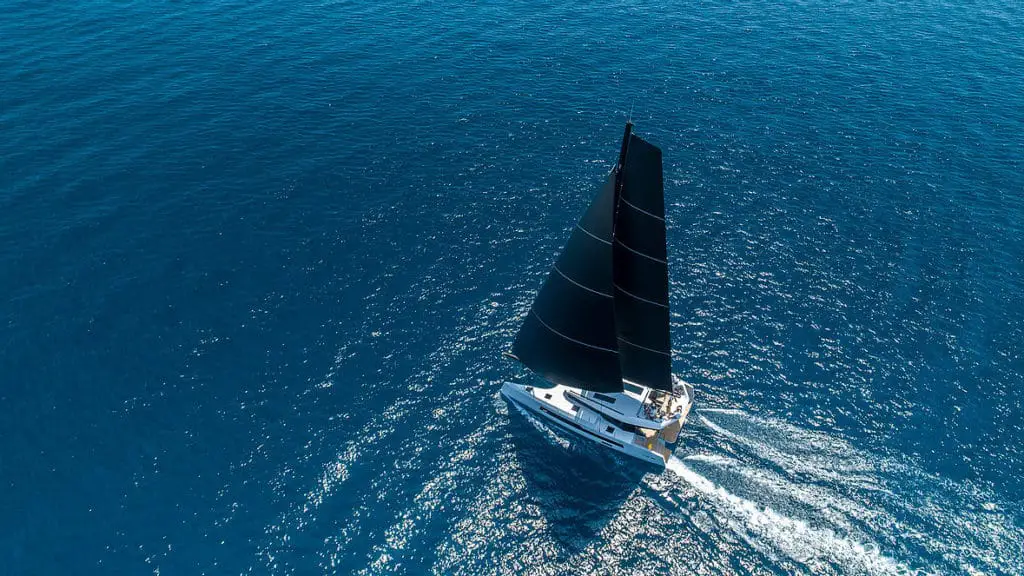
Your boat must be registered and licensed per the applicable laws. In the US, you must abide by federal law and the regulations of your state and local administration.
According to the general provisions of the United Nations for sailing or navigating the high seas, you can fly only one flag throughout your adventure, which should be of your nation or state.
No sailor, boat, or ship can fly multiple flags unless it is a part of a coalition or particular purpose.
For instance, a ship on a UN mission uses the organization’s flag. However, as an American citizen sailing on the high seas, your boat must have the valid registration number displayed clearly, and all the relevant information should be in the records of your state or the federal database.
Thus, your nationality and the boat’s country of origin are two constant factors that will matter on your voyage. This rule is applicable to every port of call. However, you will inevitably sail on the territorial waters of a country to reach a port, which naturally brings their local laws into play.
Do You Need A License To Sail Around the World?
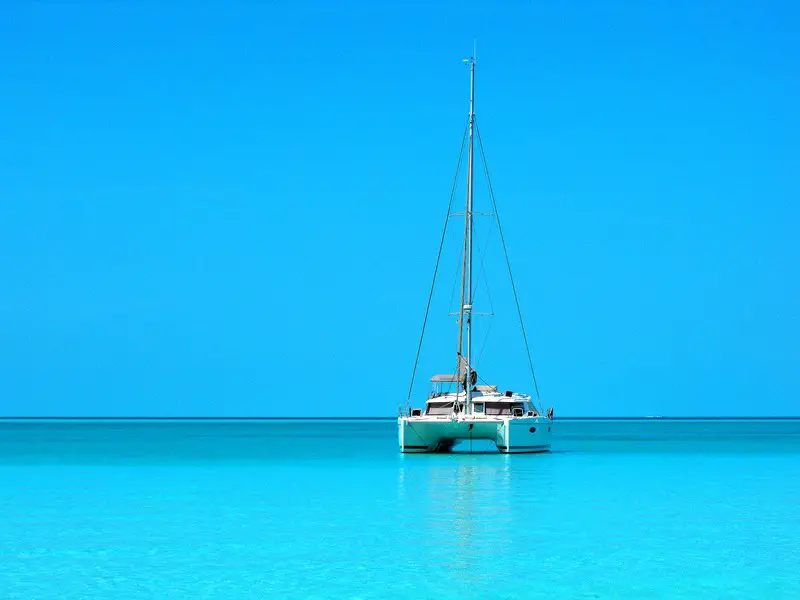
You do not need a specific license to sail around the world in international waters. However, you may need a license or permit per your local laws to skipper different types of boats. You can also consider getting a certificate of competence and credential from the ICC or SLC.
According to maritime laws, you can sail on the high seas with your private boat without a license. However, you have to start your voyage somewhere, probably the nearest port from your hometown or permanent residence.
Thus, you need a license as per the state or local laws. Most states require skippers to be licensed, depending on the type of boat, watercraft, or ship they steer. You can secure a license as required by these laws.
The International Certificate of Competency (ICC) is the largest and most reputed authority for skippers, captains, mariners, or sailors in general. However, the United States and a few countries are not a party to the ICC.
As an American citizen, you can apply to the International Sailing License and Credentials (SLC). Otherwise, you can apply through the Royal Yachting Association to get a license from the ICC.
I must reiterate that these licenses are not legally necessary for anyone to sail around the world.
However, the certifications of competence and credentials are useful, especially for insurance.
If you plan to sail on the high seas, you should have insurance for everyone on board and the boat.
Can You Sail Anywhere You Want?
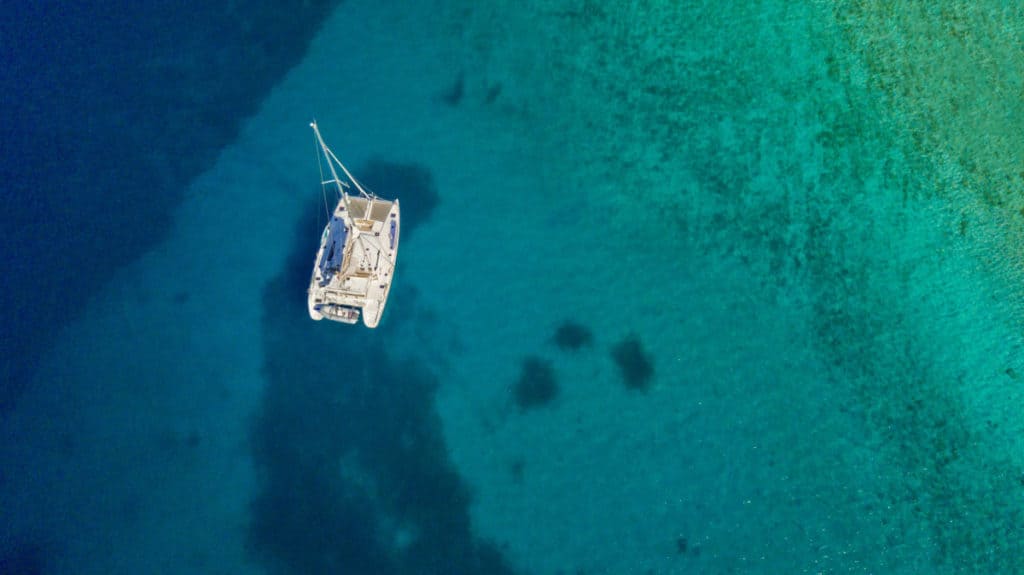
You can sail anywhere you want, provided you do not violate a sovereign country’s laws while on their territorial waters. You must also abide by the regulations of the authorities in charge of the significant passageways, such as the Suez Canal and Panama Canal. As long as you pay the fees and only declare what you bring, there should be no issue.
Both the authorities managing the Suez and Panama have stringent policies managing the movement of all vessels through these canals. You have to file the correct paperwork and pay fees according to the size or length of your boat. In addition, everyone must wait for their turn in the queue.
Legally, no country or agency has the authority to police the high seas. Thus, you need not worry about anything unless you are a pirate or sailing with prohibited substances on your boat, including explosives, hazardous chemicals, and other contraband.
Despite this, you should avoid some routes. There are several danger zones on the high seas, not only in the context of weather, storms, and icebergs but also pirates. Besides this, you should also sail away from maritime or naval exercises.
Here’s an article explaining what areas to stay away from when sailing around the world.
As a sailor, you must be informed about notice to mariners, the equivalent of NOTAM (notice to airmen). The navies and armed forces of various countries and alliances conduct exercises on the high seas. Furthermore, many nations conduct different tests and missions on international waters.
You don’t want to get caught up anywhere near a hypersonic missile’s test range or a controlled underwater experiment 😉
Is It Illegal To Sail to Another Country?
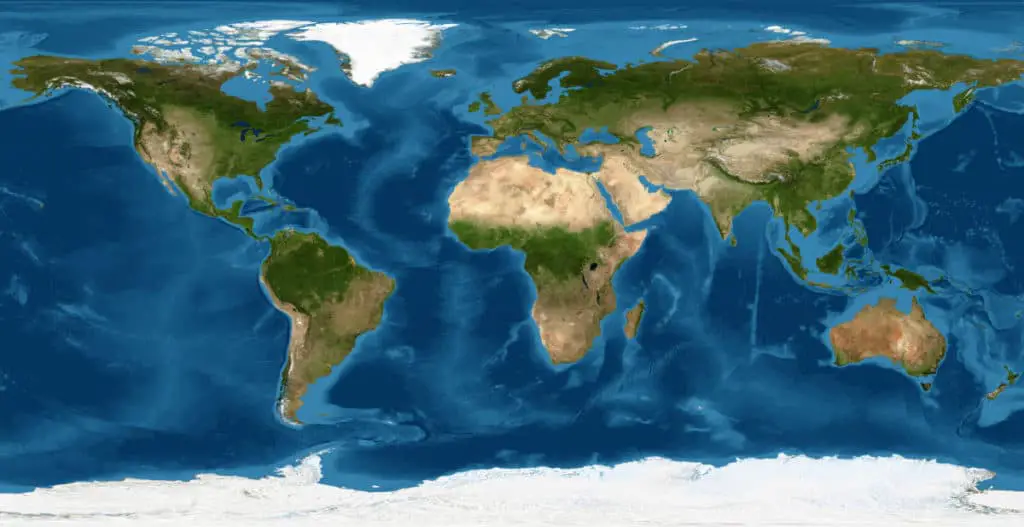
It is illegal to sail to another country if you do not have a visa or the equivalent for a temporary port of call. You must abide by all the laws of a sovereign country from the moment you are on their territorial waters, including fishing and leisure activities.
The United Nations demarcates the high seas or international waters as any coordinate that is at least 12 nautical miles (~22 km) away from the nearest onshore point of a sovereign nation. Thus, you are not obliged to any local laws unless you breach this distance from their lands.
However, the situation is tricky if you don’t know precisely where specific territorial waters stretch to. Moreover, some overzealous coast guards or a nation’s claims on some parts of the high seas and international waters can create trouble for you if you do not have a visa to be there.
Furthermore, you must follow the best practices recommended by the International Maritime Organization. Not every foreign government is friendly, regardless of what that country’s folks may feel about its territorial waters and the high seas. Thus, plan well before you set sail.
Conclusion
It is legal to sail around the world. However, you need to acquire a visa for those countries where you intend to dock, even if you don’t disembark at the port of call. Ensure that you abide by the maritime law on the high seas. Furthermore, do not violate any country’s laws while sailing on their territorial waters.
Sources
- United Nations: High Seas
- United Nations: Territorial Sea and Contiguous Zones
- Cornell Law School: Vessels
- Connecticut DMV: Requirements for Registration and Titling of Boats
- Cornell Law School: Admiralty
- US Department of State: Limits in the Seas
- National Geospatial Intelligence Agency: Notice To Mariners
- International Maritime Organization
- International Certificate of Competency
- International Sailing License and Credentials
- Royal Yachting Association
- Britannica: Maritime Law
- Britannica: Are There Laws on the High Seas?
- Wikipedia: Admiralty Law

